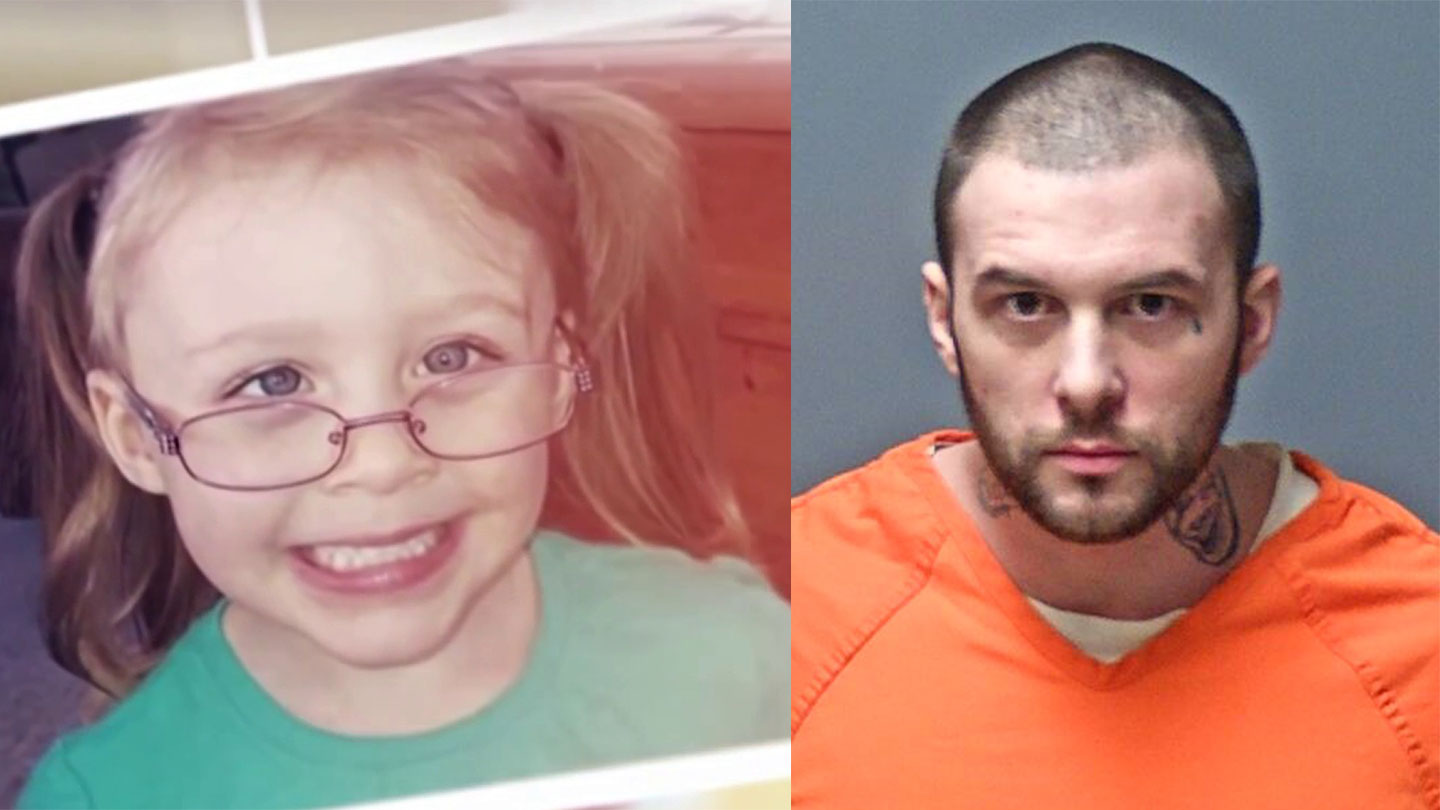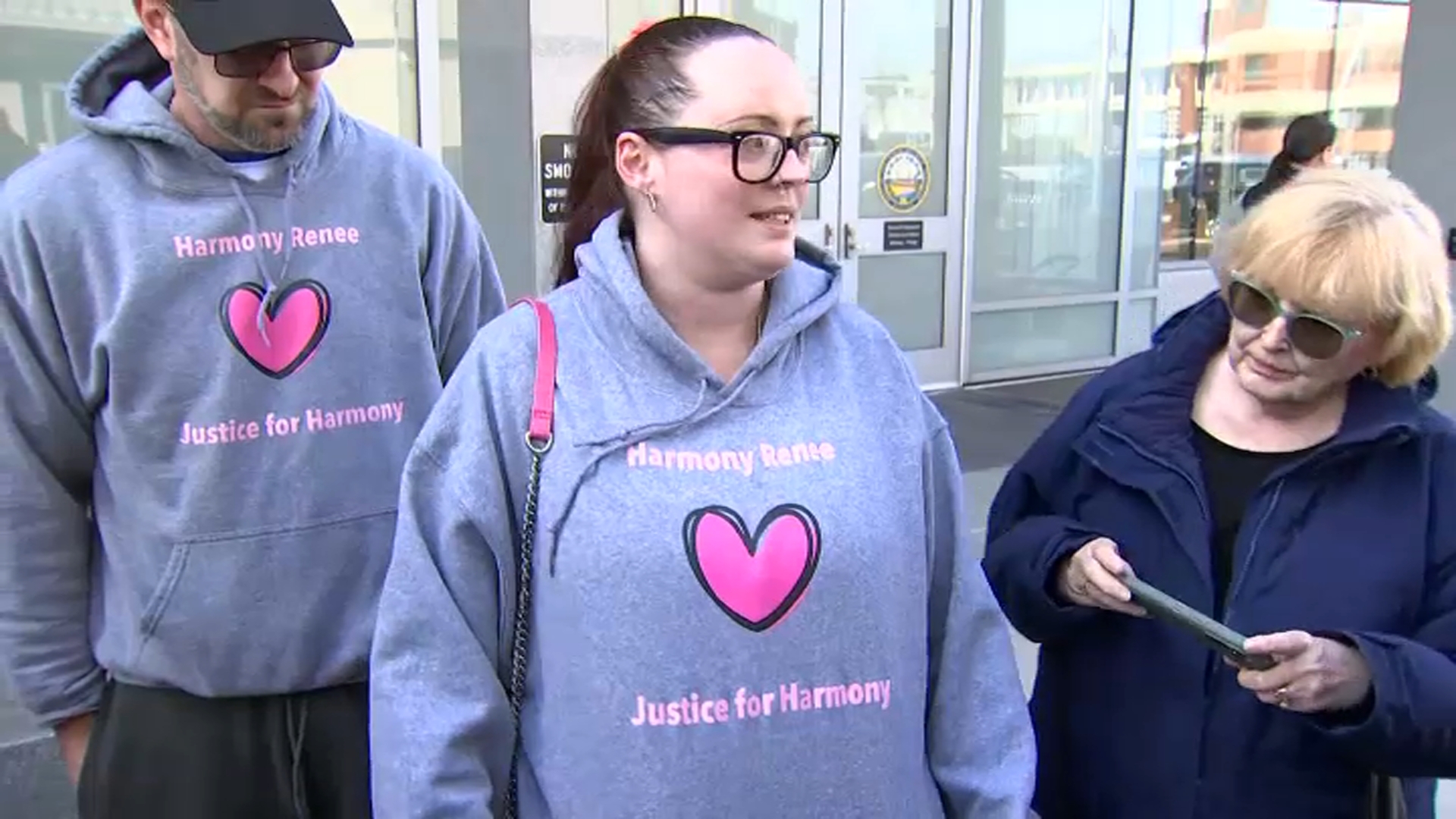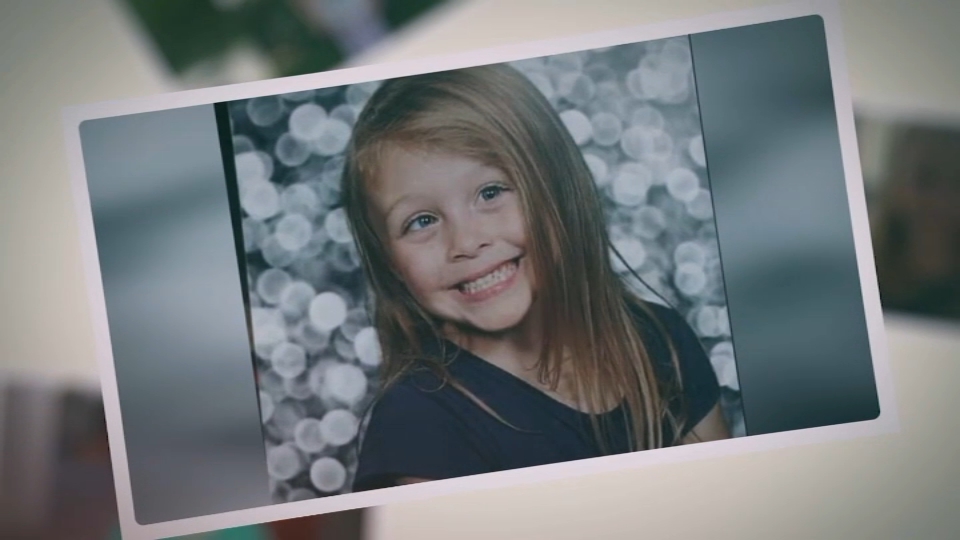On the day Adam Montgomery was convicted in New Hampshire of murdering his daughter, the attorney assigned to protect the legal interests of Harmony Montgomery in Massachusetts received a stinging rebuke from a public official.
In an NBC10 Boston exclusive interview, Maria Mossaides, the state's chief child advocate, says after her investigation was published, a credible source came forward to reveal a key detail not uncovered in the monthslong review of the girl's case.
WATCH ANYTIME FOR FREE
Stream NBC10 Boston news for free, 24/7, wherever you are. |
"We received information after we issued our report that indicated that Harmony was afraid of her father," Mossaides said.
Get updates on what's happening in Boston to your inbox. Sign up for our News Headlines newsletter.
It's not clear whether this is information Harmony's attorney was aware of, but according to Mossaides, who has listened to tape recordings of the court proceedings, Harmony's attorney told the judge the little girl wanted to be with her father.
"And so the question that I really want to ask, but can't ask because of attorney-client privilege, is 'Did you have a conversation with Harmony? Did you explain to Harmony what it would mean for her to move out of state?'" Mossaides said.
"That we didn't find out until afterwards certainly impacted me, because it just reinforced for us how premature the decision was to send her home," she continued. "And that has bothered me since the person called to share that information."
Ultimately, a Massachusetts judge allowed Adam Montgomery to gain custody of his daughter. A jury convicted him of her murder Thursday.
A long list of recommendations for the Massachusetts courts and the state's Department of Children and Families appears in the Office of Child Advocate investigative report, released in May 2022. Mossaides says she's been pleased to date with DCF's progress to implement her team's recommendations.
In a statement to NBC10 Boston, the Massachusetts Trial Court says it's also working to implement new policies and procedures "that cover all of these crucial areas" in the OCA report.
However neither the court nor DCF has authority over lawyers representing children in custody cases. Changes the state's child advocate would like to see in the legal representation area may require legislation.
"I think the recommendation, in which we have made no progress whatsoever, is the discussion around what the child's attorney should be required to do," Mossaides said. "And this is an issue that has to be of primary concern to the legislature."
Trial Court spokesperson Jennifer Donahue issued the following statement:
"Based on recommendations by the Office of the Child Advocate and based on an internal review of court policies and practices that relate to the timely placement of children, the Trial Court formed a working group in 2022 comprised of Juvenile Court judges and key partners in care and protection proceedings. Working group members include the Department of Children and Families, the Committee for Public Counsel Services and the Office of the Child Advocate.
"The working group is examining Care and Protection policies and procedures, establishing reasonable time periods to the permanent placement of children, and identifying and addressing barriers to achieving timely permanency. The working group is in the process of developing recommendations that cover all of these crucial areas. Policies and procedures are being examined by the Trial Court and the working group, and recommendations are being developed."




